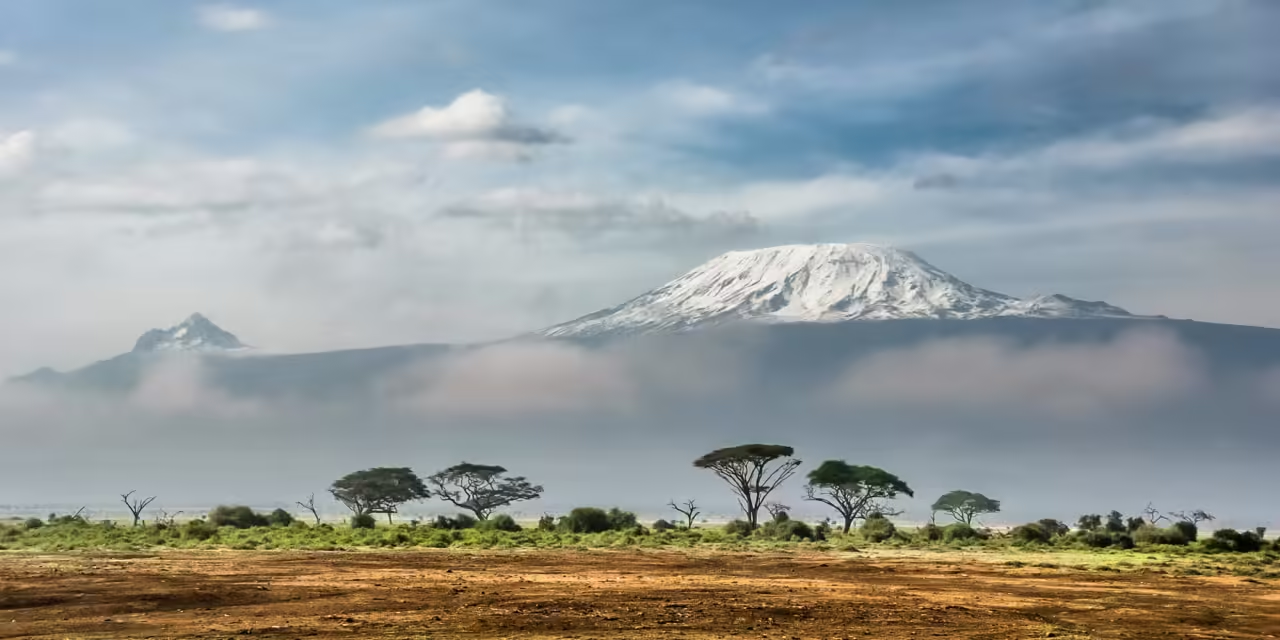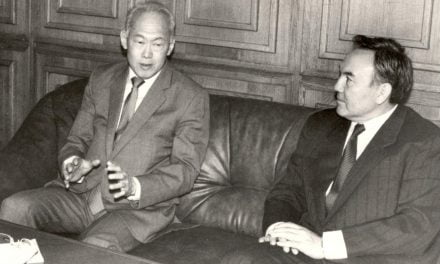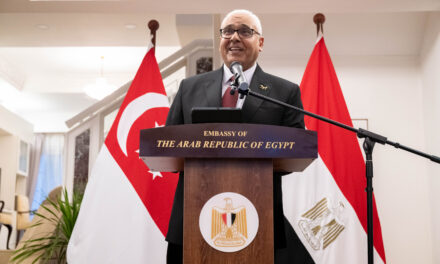Kenyans around the world celebrated Jamhuri Day on Thursday, marking the 61st anniversary of the nation’s independence.
Kenya’s national day offers an invitation to reflect on the struggles and triumphs that shaped Kenya’s path to freedom, including its experience during World War II—a pivotal chapter that laid the groundwork for Kenyan nationalism.
Economic struggles through WWII
Despite East Africa being far from the center of conflict, WWII still had a tremendous influence on Kenya’s economy and livelihoods.
According to the historian Timothy Oberst, in his 1988 article Transport Workers, Strikes and the Imperial Response, increased British investment in infrastructure and resource extraction boosted economic production, with railway traffic more than doubling between 1938 and 1947.
However, protectionist British policies within the Sterling area led to a drop in imports and a rise in inflation, which affected all sectors of African societies, from agricultural laborers to urban wage workers.
Therefore, it is significant that, for the first time in Kenya’s history, strikes involved the local bourgeoisie, and strike leaders would later assume positions of power in nationalist groups.
The most prominent group, the Kenyan African Union, was founded not just to provide greater political representation for Kenyans, but also to improve livelihoods in the difficult post-war economic circumstances.
Soldiers abroad: an opportunity for political awakening
East African soldiers were mobilized under the King’s African Rifles, whose manpower increased from seven to 43 battalions between 1939 and 1945.
The KAR provided opportunities for young African men to gain education and trade skills. Mandatory literacy classes for non-combat units helped foster Kenyan soldiers with the skills to read and discuss political materials.
Additionally, Kenyan units were sent to the Burmese theatre of the war, and their experience traveling through India to the frontlines provided a host of new experiences for many Kenyans.
Among these young soldiers was Waruhiu Itote, whose memoirs reveal a complex set of influences on his political thought.
Through speaking with Indian locals in Calcutta, Itote was repeatedly told that Africans should have negotiated for independence from Britain before their enlistment.
Additionally, from sharing a trench with a white British soldier, Itote’s comrade supposed that it was illogical for Africans to join the British fight against Fascism as it would also mean a fight to preserve the British Empire.
The road to resistance
Waruhiu Itote is well known not only as a WWII veteran but also as a leader in the Mau Mau Uprising, a conflict between Kenyan insurgents and British colonial troops that started in 1952 and continued up to 1960.
Famed for their guerrilla tactics, the Mau Mau became symbols of armed resistance against the British as a colonial power.
Itote’s memoirs credited his education in guerrilla warfare to fighting against the Japanese in the jungles of Burma. In his own words, this experience helped him become conscious of himself as a Kenyan African.
With many veterans returning from the war to a difficult economic situation in Kenya, political unrest would eventually manifest into an armed struggle against Britain, one that has left a complex legacy in Kenya.
Despite achieving independence in 1963, the Mau Mau were not fully embraced by post-war Kenyan politics. It is only in recent years that the Mau Mau have been commonly celebrated as heroes in Kenya after years of their history being suppressed.
As for Itote, he would be imprisoned with future Kenyan president Jomo Kenyatta. Upon his release, he would work in Kenyatta’s government, publishing his memoir Mau Mau General in 1967.
Kenya’s complex position and reaction to WWII demonstrate that the conflict was undoubtedly a watershed moment in the history of Kenya’s nationalism. Through a better understanding of Kenya in this period, a more encompassing view of Kenya’s independent movements and a deserving acknowledgment of the nation’s founding pioneers can be acknowledged.
The courage of Kenyan soldiers in WWII exemplifies the spirit of determination that Kenyans celebrate on Jamhuri Day. Their experiences not only shaped their personal journeys but also contributed to the broader struggle for Kenya’s self-determination.
*Diplomatic Network (Asia) wishes Kenya a Happy Jamhuri Day!







